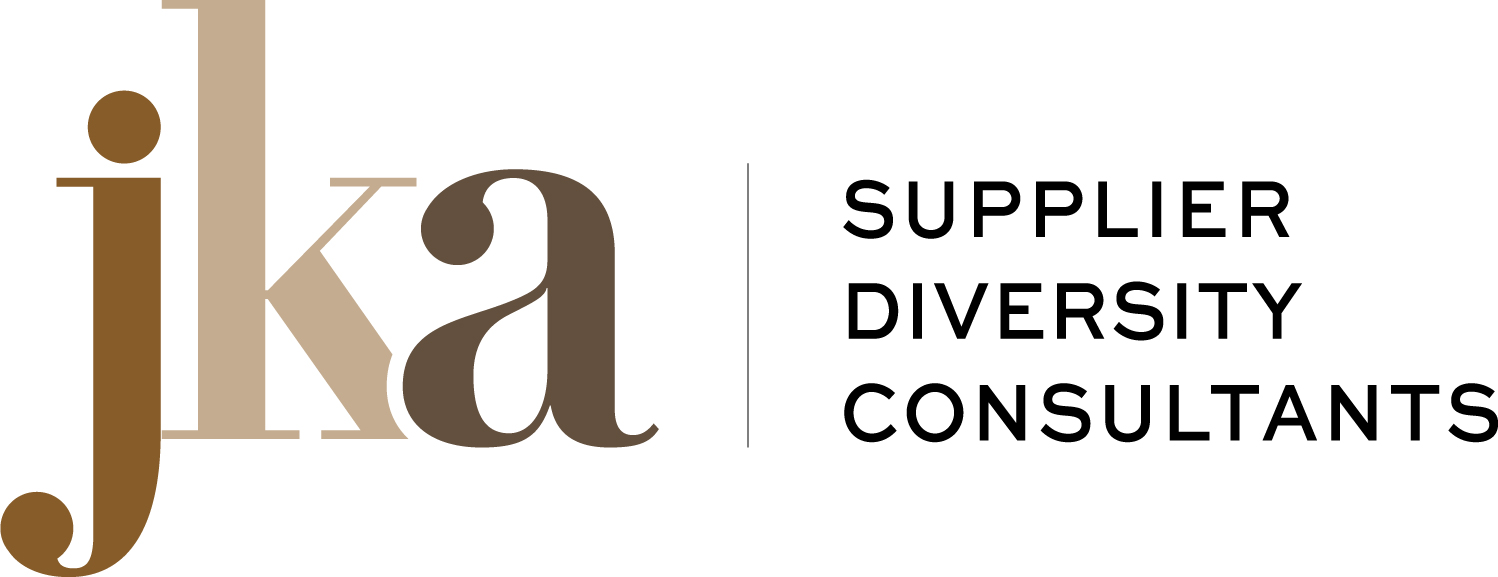Successful government contractors know that planning is an essential factor in obtaining government contracts. Here are some examples of the successful government contractor’s playbook:
- Identification of Upcoming Projects: by utilizing agency procurement forecasts, successful government contractors are not waiting for bids to come out and are therefore able to plan accordingly by acquiring necessary resources that may include financing, bonding line, equipment, expertise, vendors, office space, licensing, insurance, etc.
- Teaming/Sub-Contracting/Mentor-Protégé Agreements: successful government contractors are always looking to increase their capacity through strategic alliances with other credible firms. They are using teaming/sub-contracting/mentor-protégé agreements as a way to increase capacity, potentially meet agency sub-contracting goals, gain expertise, palpable past performance and resources they might not have on their own.
- Understands Pricing: and knows that the government is looking for the best value at the lowest risk. To that end, they have done their homework and have familiarized themselves with pricing strategies and profit margins that are customary in their industry and acceptable to potential buyers. They are not guessing where they need to be with pricing.
- Knows Who Their Competitors Are:and have worked diligently to differentiate themselves by offering competitive pricing, and innovative ideas to government buyers. Strengths and weaknesses are identified and addressed accordingly. Trust that your competitors are also doing their homework on you.
- Marketing and Networking: there is a plan for consistent communication with government buyers that includes; networking, attending procurement fairs, and pre-bid conferences. Sitting behind your desk means missed opportunities! Your plan should also include a sampling of traditional marketing tools like direct mail, email, social media, white papers, workshops, speaking engagements, etc.
Doing business with the government requires an actionable plan with measurable results. If you are sitting at your desk, responding to bids and frustrated with the results, you may need to rethink your strategy. Success without planning is just wishful thinking.




